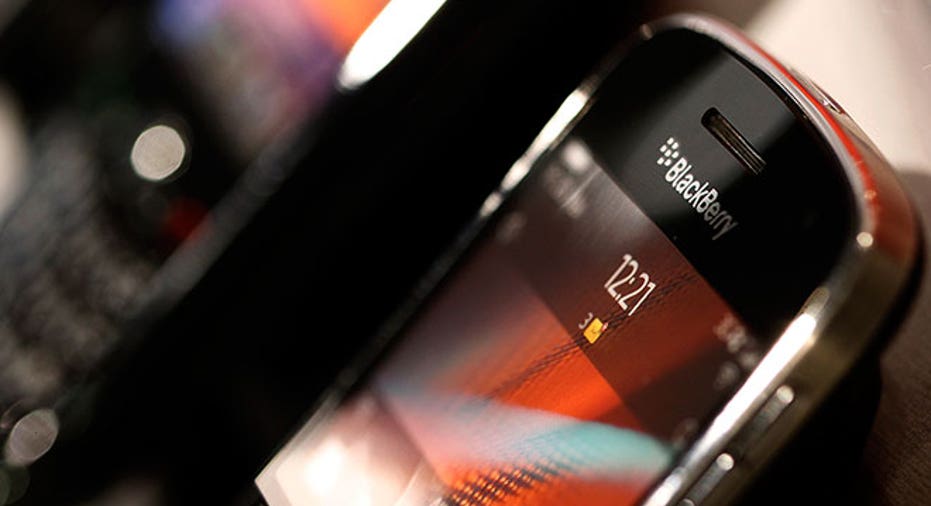Smartphones' Trove of Data Worth More Than Silver

With more people carrying $500 mini-computers loaded with secret and personal data, mobile device theft is picking up -- and it’s not just to steal your hardware.
The data coursing through smartphones has criminals seeing dollar signs and consumers taking drastic measures to get them back. Last year, 3.1 million Americans were victims of device theft, according to Consumer Reports.
Security experts from Lookout say smartphones are now worth 30-times a solid block of silver due to the treasure trove of data they store -- and just as easy to convert to cash through the multi-billion-dollar mobile device black market.
It has consumers and employers with bring-your-own device policies on edge.
“This is first time people are worried more about data than the device itself,” said Alicia diVittorio, Head of Security Communications at mobile security firm Lookout.
Some 200 people in a recent survey of 2,000 smartphone users said they have lost confidential company data when their device was stolen. Nine percent reported identity theft after it was swiped, while 12% said they experienced fraudulent charges, according to Lookout, which offers a phone tracker with a picture-taking feature if the culprit tries too many times unsuccessfully to unlock it.
The fear of losing sensitive data has more people willing to take drastic measures to get their devices back, including paying thousands of dollars or putting themselves in dangerous situations.
Lookout says 90% of respondents took some sort of action to recover their phone, including using trackers and contacting authorities.
But an even more alarming 70% said they would be willing to put themselves in some amount of danger to retrieve it, such as knocking on a stranger’s door, while many admitted to offering $500 to $1,000 for its successful return.
“People are starting to realize that there are real ramifications of having your phone stolen,” diVittorio said.
Lookout user Travers J. McClearin, a former infrastructure engineer of Los Angeles-based Avalon Transportation, is one of these people.
After outfitting all of the limo company’s mobile phones with mobile security and trackers, he says Avalon drivers have tracked lost company phones to random homes -- including to the home of a former Los Angeles International Airport employee after a driver left his device in a luggage cart. (Though likely unrelated, police apprehended several LAX employees earlier this year after a months-long investigation for allegedly running a crime ring involving baggage thefts from fliers.)
In another case, a driver’s phone was left in a jacket at a restaurant and was only retrieved after the culprit’s picture was discretely taken using Lookout’s software and emailed to the device owner. The picture was then sent to authorities who assisted in its retrieval.
“Transportation never was a tech heavy industry but in the last 10 years it’s changed drastically,” said McClearin, who installed Lookout on all of Avalon Transportation’s company-issued phones and now sells smartphones for Image Wireless.
Phones are now a necessity in the personal transportation industry, especially with apps like Google’s (NASDAQ:GOOG) Waze identifying shorter routes that reduce gas-guzzling idling times. The Internet also helps drivers find client-requested destinations, while storing VIP-guest names and phone numbers, thus Avalon's devices are wiped if swiped.
McClearin says 16 of 20 lost phones have been returned due to the investments Avalon has made in mobile security. It’s a sign, says Lookout’s diVittorio, that employers will continue to invest in mobile security as the BYOD market explodes.



















